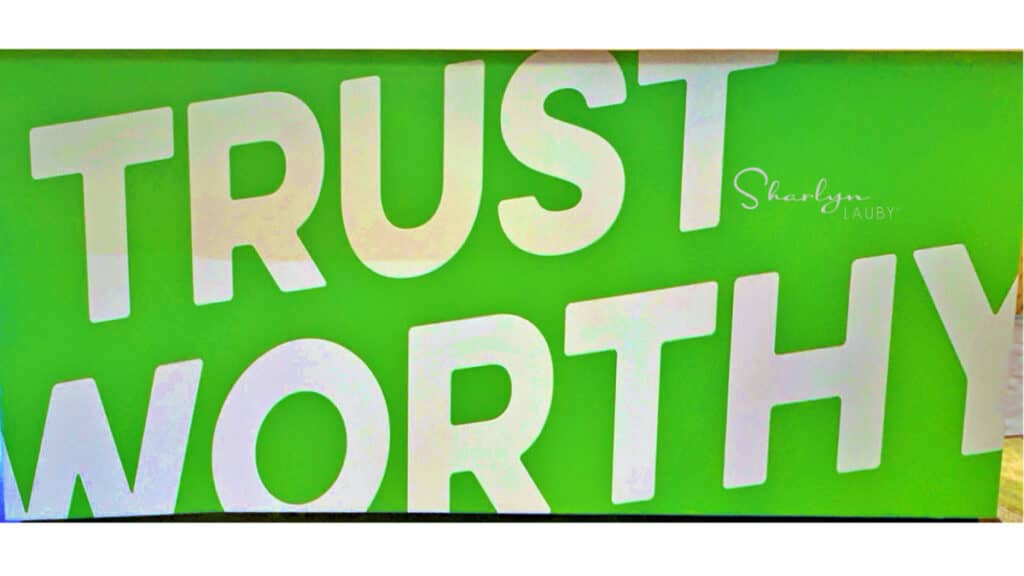Why Organizations Use Assessments – Ask #HR Bartender

According to the Talent Board’s 2016 Candidate Experience Research Report, 82% of companies use some form of pre-employment test. While I realize that this information is from a few years ago, assessments continue to be widely used. Given their popularity, it’s important for the person taking the assessment to understand its use. That’s what this reader note is all about.
I took one of those behavioral profiles (name withheld) that the HR department from my organization sent me, and I feel seen! In your experience, what does HR/organizations use these tests for? Any ideas? I should have thought about it before submitting the survey, but I somehow felt it was required.
I think this is a great question! That being said, I did redact the name of the profile. Today’s article isn’t about whether the (name withheld) behavioral index is good or bad. But there is an opportunity to talk about the value of assessments in general.
To help us understand more about assessments, I reached out to our friends at Criteria, a leading provider of pre-employment testing services. Josh Millet is the founder and CEO of Criteria. He has extensive experience in online testing services and preparation, and he’s shared his experience with us in the past. I particularly like his comments on this article about “The Top 5 Soft Skills that Employers Should Look For”.
Josh, thanks for taking the time to educate us on assessments. Let’s start with a definition. What’s an “assessment”? And is it different from a “test” or an “index” or a “profile”?
[Millet] An assessment for me is a structured, standardized way of gathering information on someone or evaluating them from a particular perspective. There are many types of assessments: behavioral (personality), cognitive, skills, and emotional intelligence, but based on our definition you could also describe a structured interview as an assessment.
The words “profile and index” tend to be used specifically for personality assessments, whether given pre- or post-hire.
What are the top 3-4 reasons that an organization would use an assessment?
[Millet] In a pre-hire situation, the top reason for using assessments is to make better, more informed hiring decisions that drive business outcomes such as improved productivity and reduced turnover.
Assessments can also help reduce bias by diminishing the importance of selection techniques like resumes and unstructured interviews that tend to introduce subjectivity and unconscious bias into the hiring process. They can also help streamline the hiring process by quickly surfacing candidates more likely to succeed at the ‘top of the funnel’.
In a post-hire context, assessments can help organizations better understand their talent, build better teams, and foster growth and development in their team members.
I’m pretty sure I know the answer to this one but I’m going to ask anyway. Should organizations explain to candidates/employees why they’re using assessments?
[Millet] Absolutely. Organizations should not only explain the reasons for using assessments, but also what the assessments measure and how long they take. Having a clear understanding contributes to an enhanced candidate and employee experience.
Can a candidate/employee ask to see their assessment results?
[Millet] Privacy regulations in certain areas, like the General Data Protection Regulation (GDPR) in Europe, give the candidate the right to see any assessment results, but in the United States it is not standard for employers to share assessment results.
Nevertheless, it is becoming increasingly common for employers and assessment providers to share some feedback with applicants, especially from personality assessments. Criteria launched such a report recently, that an employer can turn on or off. When appropriate, this kind of feedback can improve the candidate and employee experience.
Assessments can make someone nervous. It’s possible that’s where the reader’s comment about feeling it was “required” comes from. As an assessment provider, what words of confidence can you give to someone who is going to take an assessment?
[Millet] In a pre-hire context, assessments give everyone the chance to demonstrate their abilities in a fair and objective way. They are also typically just one of many ways in which employers get to know prospective employees and can help ensure that the fit between a candidate and employer is a good one.
Last question. For organizations that are considering assessments, how can a test save time in the hiring process? (Because on the surface, it might appear like it increases time to hire.)
[Millet] Especially in a time when HR departments are being asked to handle more applicants than ever with fewer resources, assessments can dramatically reduce time to hire. When an employer uses assessments at the ‘top of the funnel’ they can spot talent signals in a large, undifferentiated mass of applicants. This helps them to know where to direct their energies first and can reduce the number of wasted interviews and time spent reviewing applicants who don’t meet the basic job requirements.
A huge thanks to Josh and the team at Criteria for sharing their knowledge with us. If you want to learn more about pre-employment testing, be sure to check out Criteria’s “Definitive Guide to Pre-Employment Testing”. It’s a great resource.
Organizations that use assessments – whether it’s pre- or post-hire – should have a communications plan. Candidates and employees should know what they’re taking and why they’re taking it. It will make them feel more comfortable about the process, which benefits everyone.
Image captured by Sharlyn Lauby after speaking at the Society for Human Resource Management Annual Conference in Las Vegas, NV
14